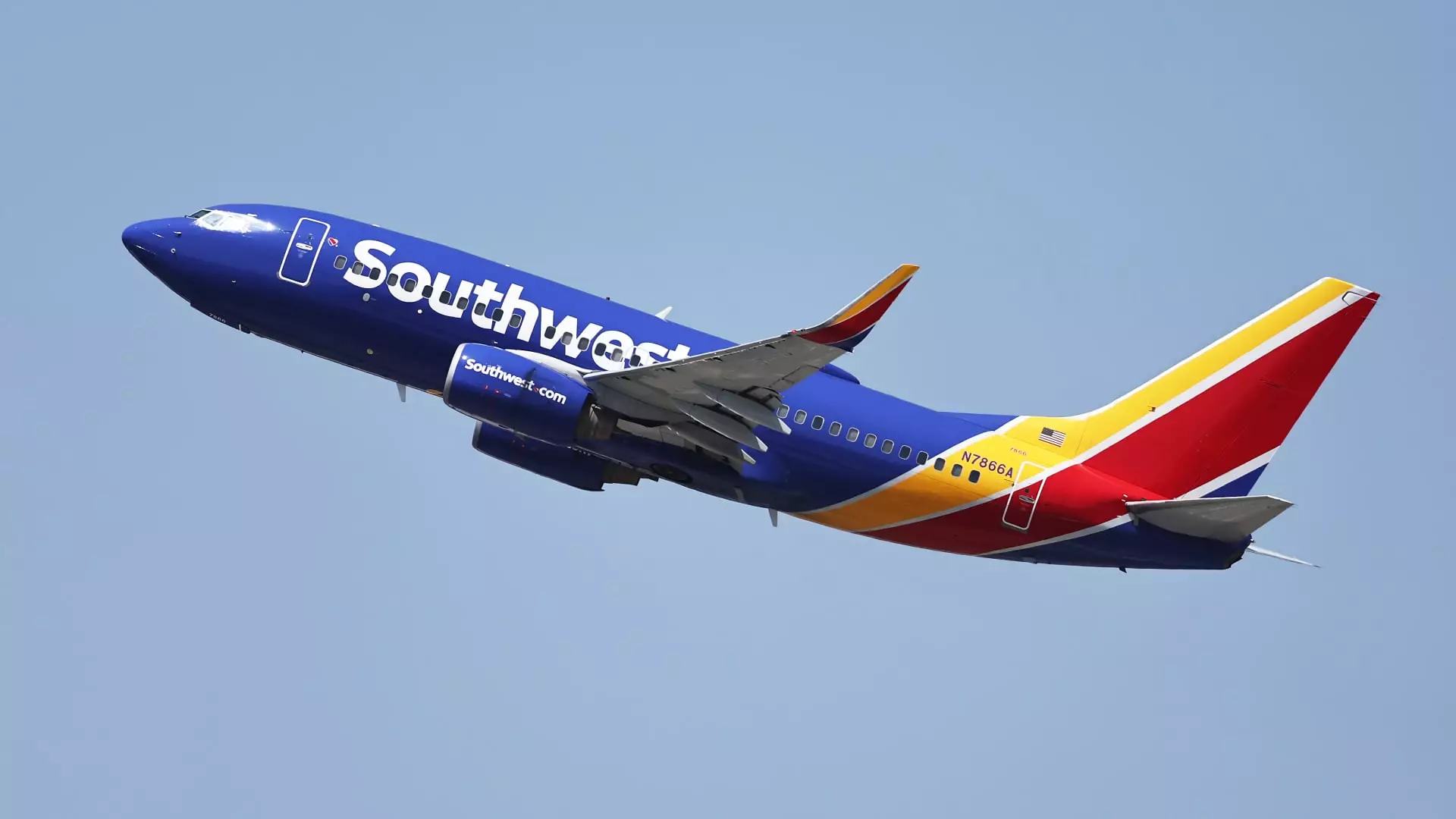In a recent communication aimed at employees, Southwest Airlines has spotlighted the tough trajectory ahead as it confronts mounting pressures to bolster profitability. The push comes primarily as a response to activist investor Elliott Investment Management, which has been vocal in advocating for leadership reforms within the airline. The overture from Elliott underscores the intense scrutiny management has been under, compelling the company to re-evaluate its longstanding business strategies.
Transforming a Legacy Model
Historically, Southwest Airlines has relied on its open seating policy, a hallmark of its branding for over five decades. However, as part of a significant recalibration effort, the airline is moving towards a more conventional model that includes assigned seating. This marks a pivotal shift in their operational ethos and reflects the changing expectations of travelers who seek more comfort and assurance when booking flights. By introducing options for seats with increased legroom and rerouting its service offerings to include red-eye flights, Southwest aims to capture a wider market share, particularly among the demographics that prefer travel during off-peak hours.
Another strategic endeavor is Southwest’s foray into digital booking platforms. The carrier has begun listing its flights on popular travel aggregators like Google Flights and Kayak, enhancing visibility and accessibility for consumers. This digital pivot represents a crucial step towards attracting younger travelers who tend to favor online platforms for their travel arrangements. Furthermore, the airline’s marketing efforts have been revitalized to connect more effectively with this demographic, establishing a stronger presence in a highly competitive industry.
Restructuring Routes for Profitability
While Southwest Airlines is not currently contemplating mass furloughs, the company anticipates the need to restructure its network. According to Chief Operating Officer Andrew Watterson, these changes may result in downsizing its presence in certain cities without resorting to staff layoffs. Transfer opportunities will be made available to mitigate the impact on employees. However, these adjustments are essential to hone in on routes that yield higher profit margins, a move echoed by other airlines like JetBlue, which have similarly axed less lucrative routes in favor of more rewarding ones.
With an investor day scheduled to take place in Dallas, the airline is expected to disclose further details about its initiatives and route restructuring plans. As the industry shifts and fluctuates, it is imperative for Southwest to adapt rapidly to the operational demands that the current economic climate presents. The potential leadership changes advocated by Elliott are poised to prompt a critical evaluation of the airline’s trajectory, leading to a reimagined business approach aimed squarely at financial revitalization and sustaining long-term growth.
While challenging decisions lie ahead, Southwest Airlines is positioning itself to navigate the tumult of the modern airline industry by redefining its operational strategies and embracing market demands. The focus on profitability and customer satisfaction could ultimately dictate its success or struggles in the coming years.


Leave a Reply